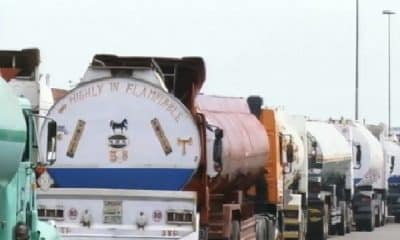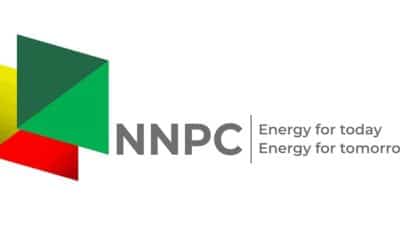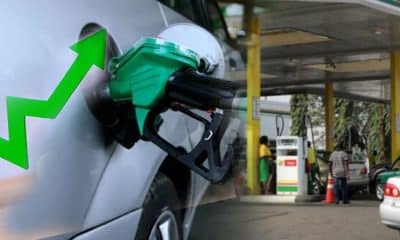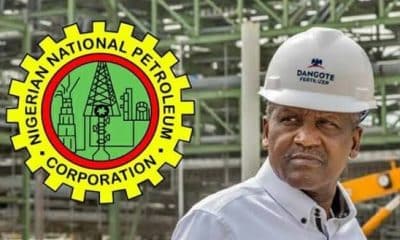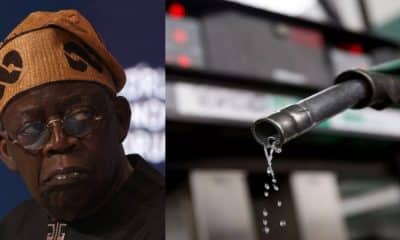Nigeria News
African Country Where Petrol Is Sold At ₦52 Per Litre
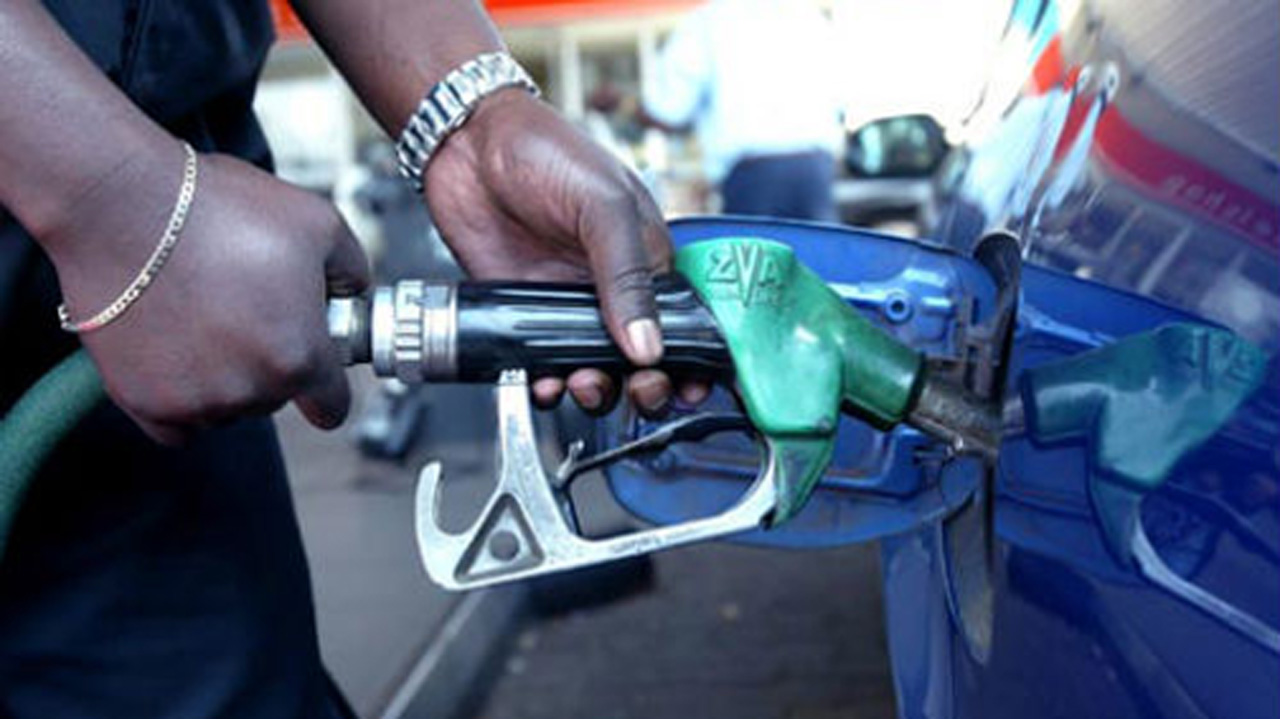
While one of Africa’s leading oil producers, Nigeria is still facing significant criticism regarding its high petrol prices, the product is currently being sold at a cheaper rate in Libya.
Naija News understands that Libya remains the country with the lowest petrol price in Africa presently as the cost of octane-95 gasoline is currently set at 0.15 Libyan Dinar per litre, which is approximately $0.032 or ₦52 as of September 16, 2024.
This information is sourced from Global Petrol Prices, a platform dedicated to monitoring retail petrol prices globally.
In contrast, petrol prices in Egypt, Algeria, and Angola are recorded at $0.279, $0.342, and $0.351 per litre, respectively.
These four nations are the only ones in Africa that offer fuel at lower prices than Nigeria.
Recent statistics indicate that the average petrol price in Nigeria is ₦1,000 per litre, with black market prices escalating to ₦1,200 to ₦1,600 per litre.
African Countries With Highest Petrol Prices
On the other hand, the Central African Republic holds the record for the highest petrol price on the continent, at $1.83 per litre.
Other countries with higher fuel prices include Senegal ($1.646), Seychelles ($1.595), Zimbabwe ($1.590), Morocco ($1.527), and Uganda ($1.475). Additionally, Malawi ($1.458), Côte d’Ivoire ($1.455), Kenya ($1.453), and Sierra Leone ($1.448) complete the list of nations with elevated petrol costs.
The increasing price of petrol in Nigeria, however, has increased the cost of commodities, thereby adding more to the suffering of the citizens.
This situation has prompted calls for government action in the oil sector, with many citizens arguing that the elimination of fuel subsidies has adversely affected the populace.
A resident of Abuja, Abdullahi Aliyu, while expressing himself to Daily Trust during the weekend, emphasized that if petrol were priced between ₦150 and ₦200, it would significantly lower costs across various sectors, including transportation and food.
He urged Nigerian leaders to learn from Libya’s pricing strategy.
“All over the world, there are various types of subsidies, but I think in Nigeria, the one that plays a vital role in the life of the citizens is petrol subsidy.
“Just imagine that it is being sold at between N150 and N200! Everything will be cheap, including transportation, food and electricity. Our leaders should please learn from Libya,” he said.
Adenike Andrew, an economics graduate who has transitioned into the restaurant industry, expressed her disapproval of the reasoning behind the removal of subsidies.
She contended that the Nigerian population is unable to sustain fuel prices that are on par with those in more affluent nations, particularly in light of their comparatively lower income levels.
Furthermore, she advocated for Nigeria to investigate legal methods for exporting petrol to neighbouring countries as a means to enhance foreign currency revenues.
“If they say they removed it (subsidy) because our neighbouring countries are also benefiting from it, it is self-indictment. Our security agencies should do their work. And most importantly, Nigeria should tap the enormous market in Africa to earn foreign currency by supplying petrol to them using legal means.
“It is wrong to say that Nigerians must pay for petrol in the same manner as non-oil, but rich countries are selling it to their citizens. People there have higher incomes. Our people here have been pauperised in facets,” she said.

